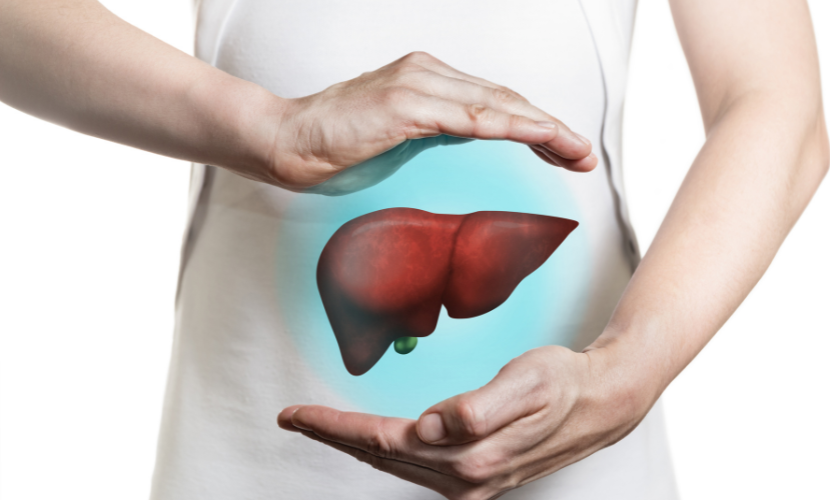
BEST LIVER SPECIALIST IN DUBAI
Pancreatic Transplant

Why the Procedure is Performed
The pancreas makes a substance called insulin. Insulin moves glucose, which is sugar, from the blood into the muscles, fat, and liver cells, where it can be used as fuel. In people with type 1 diabetes, the pancreas doens’t make enough, or sometimes any, insulin. This causes glucose to build up in the blood, leading to high blood-sugar levels. High blood sugar levels can cause many complications, including:
- Amputations
- Blindness
- Heart disease
- Kidney damage
- Nerve damage
- Stroke
A pancreas transplant can cure diabetes and eliminate the need for insulin shots. Because of the risks involved with surgery, however, most people with type 1 diabetes do not have a pancreas transplant soon after they are diagnosed.
- A pancreas transplant is major surgery, and people with diabetes have a high-than-normal risk of heart disease and other complications.
- People who have had a pancreas transplant will need to take several medicines for the rest of their lives. These medicines have serious side effects.
Because of these risks, pancreas transplant is rarely done alone. It is almost always done when someone with type 1 diabetes also needs a kidney transplant.
Pancreas transplant surgery may NOT be done in patients who also have:
- A history of cancer
- HIV
- Infections such as hepatitis, which are considered to be active
- Lung disease
- Obesity
- Other blood vessel diseases of the neck and leg
- Severe heart disease (such as heart failure, poorly controlled angina, or severe coronary artery disease)
- Smoking, alcohol or other lifestyle habits that can damage the new organ
The doctor may also recommend against a pancreas transplant if the patient is not able to keep up with the many follow-up visits, tests, and medications needed to keep the transplanted organ healthy.
Risks
The risks for any surgery are:
- Bleeding
- Breathing problems
- Heart attack or stroke
- Infection or abscess
- Reactions to medications
- Scar formation
The risks for pancreas transplant include:
- Blood clots (deep venous thrombosis)
- Clotting (thrombosis) of the arteries or veins of the new pancreas
- Development of certain cancers after a few years
- Inflammation of the pancreas (pancreatitis)
- Leakage of fluid from the new pancreas where it attaches to the intestine or bladder
- Rejection
Outlook (Prognosis)
If the transplant is successful, you will no longer need to take insulin shots, test your blood-sugar daily, or follow a diabetes diet. There is evidence that the complications of diabetes, such as diabetic retinopathy, may not get worse — and may even improve — after a pancreas-kidney transplant.
More than 95% of people survive the first year after a pancreas transplant. The risks for organ rejection are about 1% each year.
The quality of life after a pancreas transplant has improved. Almost all patients find that managing daily life is a lot easier and more satisfying.
The risks for pancreas transplant include:
- Blood clots (deep venous thrombosis)
- Clotting (thrombosis) of the arteries or veins of the new pancreas
- Development of certain cancers after a few years
- Inflammation of the pancreas (pancreatitis)
- Leakage of fluid from the new pancreas where it attaches to the intestine or bladder
- Rejection
Outlook (Prognosis)
If the transplant is successful, you will no longer need to take insulin shots, test your blood-sugar daily, or follow a diabetes diet. There is evidence that the complications of diabetes, such as diabetic retinopathy, may not get worse — and may even improve — after a pancreas-kidney transplant.
More than 95% of people survive the first year after a pancreas transplant. The risks for organ rejection are about 1% each year.
The quality of life after a pancreas transplant has improved. Almost all patients find that managing daily life is a lot easier and more satisfying.
